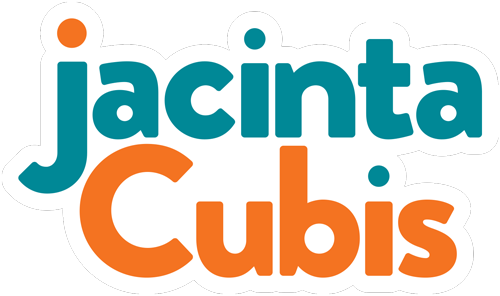Make mine an old-fashioned
“If you get old fashioned enough, you'll always be in style.” Francis Farmer
‘I liked the drawings. They’re so old-fashioned.’
My inner guide took this as a compliment, but the crowd pleaser in me wasn’t so sure.
Let me explain.
I was working with a group of consultants. I asked them to share one thing they either liked or were wondering about, as part of our wrap up.
One thought that the drawings I hold up to the camera were old fashioned. He laughed gently as he said it, so I guess I can take it as a positive.
Others wondered how they could see both my face and me drawing at the same time. This was new to them – nothing old-fashioned about it.
Another appreciated the ‘multi-sensory experience’ I gave them. Now we’re talking – something for everyone.
I hope you can see all three in the photo. Old-fashioned, modern and multi-sensory.
Photo: Jacinta Cubis
Now, I’m not a whiskey drinker but an image of the Old-Fashioned cocktail popped into my head. I wondered if there was anything to it and asked Google. It seems there’s quite a bit.
I found ‘A Brief History of the Cocktail That Started It All: The Old-Fashioned’, on Provi, an online marketplace for wholesale alcohol (link below). It claims that:
‘The Old Fashioned is the foundation and pillar of the cocktail world. Arguably the most iconic and time-tested cocktail in history, its chemistry—being no more than spirit, water, sugar and bitters—makes it one of the simplest.’
As alcohol experts, I reckon they would know what they are talking about. There’s quite a bit to work with here.
‘Foundation’, ‘pillar’, and ‘time-tested’ jumped out. But what resonated was: ‘one of the simplest’.
Leading any meeting or workshop is tricky. Just think about the people coming, let alone what’s before them to discuss, agree or fix. We tend to overcomplicate things. I suspect this is because we think our design and processes must to do justice to the complex topics our groups are exploring.
Here’s the point. Simple works, is enough and can be is best. Your group has a lot on their plate already. They need to get their heads around a complex topic, navigate through diverse perspectives and collaborate with different personalities, all in a limited amount of time. The bells and whistles that come with ‘cutting edge’ processes, tools and techniques can muddle things. A facilitator is there to guide a group to achieve its purpose. They don’t need the extra distraction of complexity from a facilitator chasing the next big innovation.
Simple and quick drawings worked for my students when I was teaching English as a foreign language a few decades ago. They still work a treat with all the groups I work with – online or in person. Academics, CEOs and community members. I’m still surprised what they tell me when I ask why they work.
‘Simple’, ‘clear’, ‘fun’, ‘alive’, ‘makes me lean in’, ‘puts a smile on my face’. Online, I’ve been told that it breaks the two-dimensional nature of video platforms, like Zoom and Teams.
I’ve been drawing imperfectly for groups for thirty years. Through repetition and experimentation, I’ve built a visual library and drawing has become second nature to me. My style of drawing hasn’t matured over that time nor changed to look more ‘modern’. To paraphrase Francis Farmer, whose quote opened this yarn, there’s merit in sticking with what’s worked in the past, rather than continually striving for the next big thing. (That last phrase is courtesy of my enthusiastic intern, Denis, aka ChatGPT. I hope you agree that I can’t improve on it.)
Myriam Hadnes, host of the podcast Workshops Work, was the first to label my facilitation style ‘analogue’ when she interviewed me in 2020. I think I prefer ‘old-fashioned’. As the blog on Provi states:
‘For many bartenders, it’s the first and most important drink to learn the basics of and then build upon. The evolution of the Old-Fashioned isn’t over, its story is still being written.’
Much like facilitation. It can never be perfect, only improved upon. That’s (fl)awesome.
Oh, and the tennis ball? Just reply to this email if you’d like to guess what I do with it in my online workshops. The first reader to guess right gets 15 minutes with me to finesse your next workshop or meeting.
Links:
Corey Hines, A Brief History of the Cocktail that Started it All: The Old-Fashioned, 10/5/22
Use Analogue prompts for better online meetings with Jacinta Cubis, Workshops Work podcast, Episode 83, 21/10/20
(Fl)awesome Facilitator Mentoring Program
Are you an expert or consultant who worries that you're overwhelming people with too much content? Feel like you’re facilitating by rote? Think you’re a failure if you don’t get ⭐⭐⭐⭐⭐ from everyone? My (Fl)awesome Facilitator Mentoring Deliver supports you to deliver incredible value with authentic flair and be invited back.



